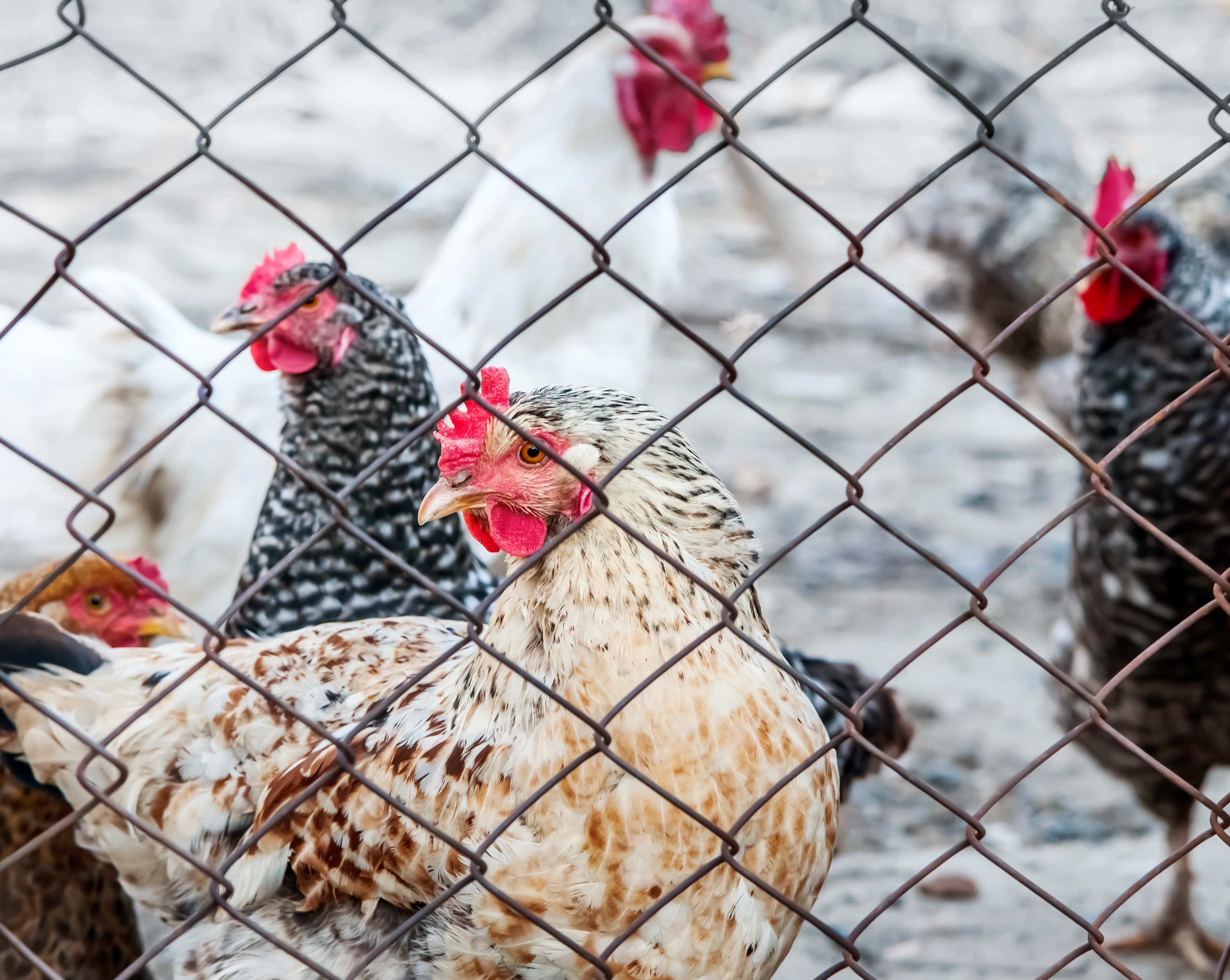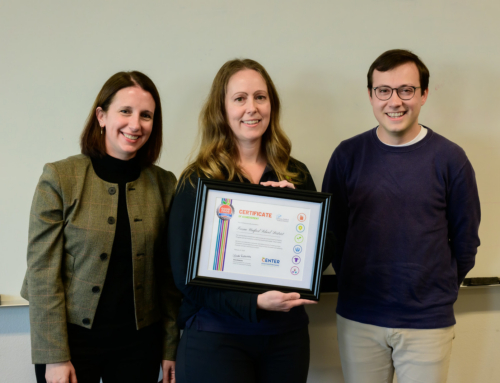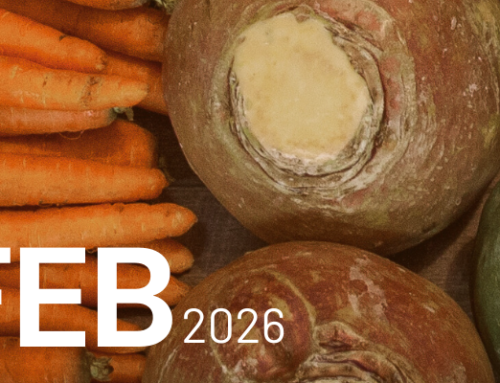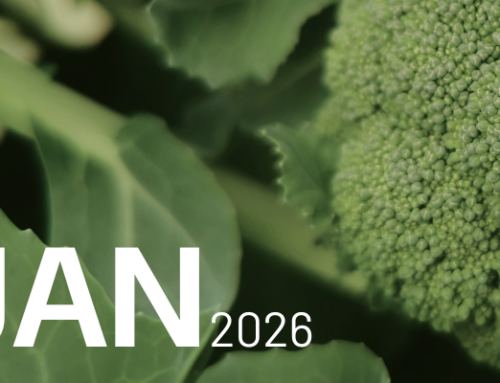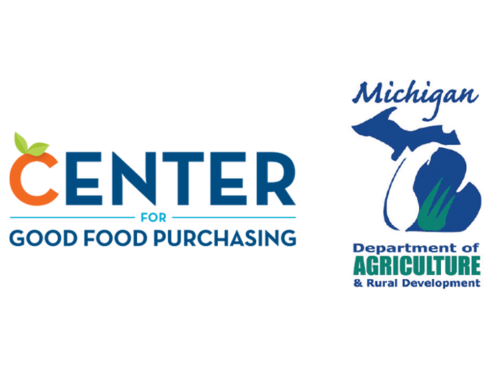Starting this fall, farmers will be able to apply for a portion of the Working Lands Grant to help pay for their Animal Welfare Approved, Global Animal Partnership and Certified Humane certifications for their farms with the recent passage of the Vermont legislation S.160.
Kara Shannon, senior manager with the Farm Animal Welfare Department for the ASPCA said grant money can range anywhere between $5,000 and $25,000, and projects impacting an entire industry or whole supply chain could amount to as much as $150,000.
With rising concern about the treatment of farm animals used for food because of increasingly frequent releases of graphic videos of animal abuse, desire for humanely raised meat and eggs is creating its own market, Shannon said.
“The entire city of Boston adopted the Good Food Purchasing Program,” she said.
The Good Food Purchasing Program and programs like it — such as the Real Food Challenge, which is a food-purchasing initiative adopted by many colleges and universities — make the purchase of good-quality, humanely raised food for restaurants, hospitals and other institutions a draw for customers and students, Shannon said.
And with the passage of this bill, Vermont stands to be at the forefront of that marketing boom. Where many larger, factory-style farms would have to make major infrastructure changes to their establishments to meet the standards of any of the certifications, those aren’t prevalent in Vermont, Shannon said.
With rising demand and grant funding available to certify more and more farms, Vermonters stood to potentially profit, she said.
To be eligible, each certification carries with it specific requirements, such as the prohibition of all cages and confinements and access to “environmental enrichment” that allows the animals to live out their natural lives.
One example would be providing roosts for chickens, and wide-open pasture for grazing animals, like the 14 Irish Dexter cattle on Spotted Dog Family Farm, a 100% grass-fed, Animal Welfare Approved beef cattle farm in Brandon.
The farm is one of only three certified farms in Rutland County, alongside Consider Bardwell Farm in Pawlet and Moosehorn Mountain Farm in Wells.
Owners Charles and Susan Whiting, of Spotted Dog Family Farm, moved to Vermont in 2001 to start their farm, but needed some guidelines as to how to build it to serve their beef.
“We wanted to treat our animals in the correct way — coming in green, we decided we wanted some assistance and direction to treat the animals well,” Charles said.
Their small farm didn’t originally pay for certification, but with their recent switch to grass-fed, grass-finished with no grain in their diets, they now pay $100 a year for their AWA certification.
“They come out and visit your farm, they look at your animals, they ask you when you do certain things, and look at your property and make an evaluation,” Charles said. “(They evaluate) when you wean a calf, when you castrate, when you de-horn, the condition of your animals … if they’re kept under cover.”
But state funding isn’t the only place farmers can find assistance for their welfare certifications — the ASPCA underwrites Food Animal Concern Trusts grants, which reached its largest pool available this year between it’s animal welfare and new Capacity grants, which each carry $25,000 to be awarded to approximately 10 farms per category, Shannon said.
Up to $2,500 could be awarded to farms for infrastructure improvements to achieve eligibility for certification, according to the ASPCA website.
Some farms, Shannon said, even receive some help from “up stream,” as some carriers, suppliers and corporations are willing to contribute some of the funding toward certifications, as they carry market appeal for their clientele.
The certifications cover a wide swath of livestock, and Shannon said next on the certification list for Vermont could very well be leg-less.
“Fish farming,” Shannon said.
A 2018 Animal Welfare Labeling and Consumer Concern Survey published on the ASPCA website show 76% of customers expressed concern for the treatment of farm animals, and 40% thought that an objective third party that checks in on the welfare of farm animals already exists, when it doesn’t.
The studies also showed that 86% of people thought there should be, and the sales of eggs with one of the three ASPCA recommended certifications, have grown 57% since 2016.
Where labels like “Cage Free” and “Free Range” are buzzwords with little definition and qualified by a written affidavit applying for the status, ASPCA-approved certifications require many records and are always conducted by experts, many with experience on the particular type of farm they’re inspecting, Shannon said.
Farms looking to be certified by GAP would be required to submit feeding and water records, traceable life-long records, anything that happens to the flock or herd, overall health logs for the animals, a record of the farm operations and animal husbandry practices, any medical attention to the animals and their subsequent treatment, a record of the land management, a step-by-step list dictating how new animals are brought to the farm, a record of the maintenance of wherever emergency procedures are conducted and biological securities for the area, according to their website.
Gap also requires any environmental treatment be recorded, employee training and visitor regulations be annotated, though farms are allowed to file a “request for deviation,” if they want to utilize a substance that GAP doesn’t allow for, the website said.
“As welfare-certified livestock farmers, we are very proud to live in the first state to prioritize the welfare of its farm animals and economic viability of higher welfare farming,” said Bob Fireovid of Health Hero Farm in Hero. “This legislation creates a unique opportunity for Vermont agriculture to lead the way in providing more humane food locally and beyond.”
The ASPCA also created “Shop With Your Heart,” an online guide to finding humane companies for carriers and individual consumers.
katelyn.barcellos@rutlandherald.com
